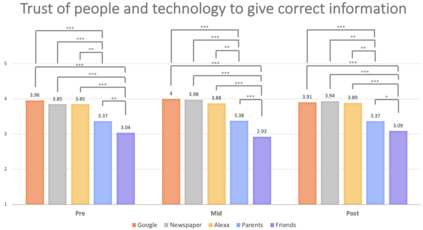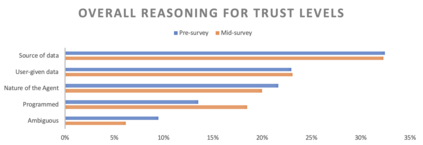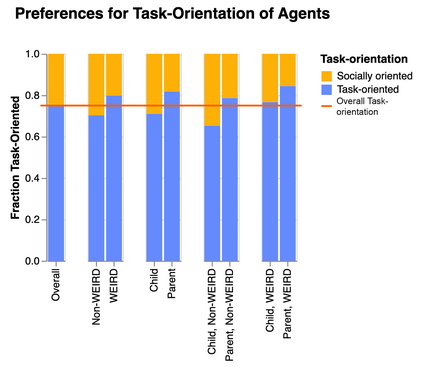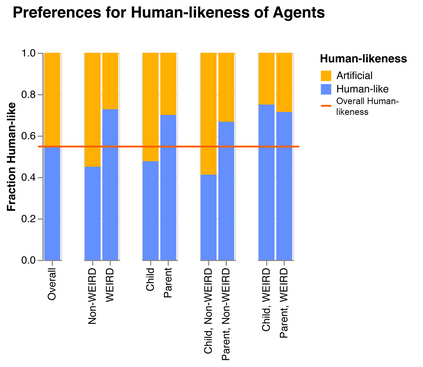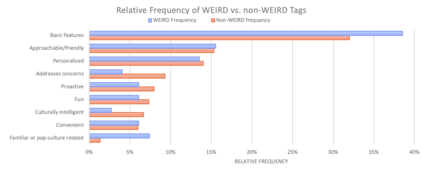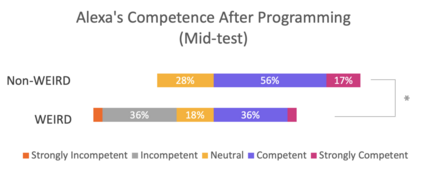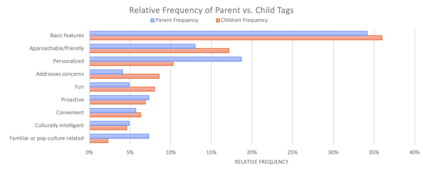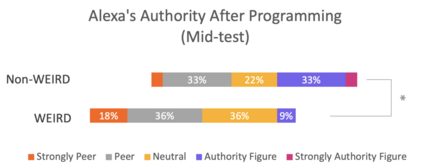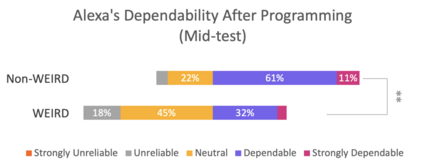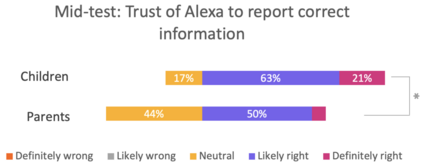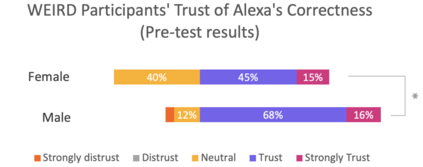A majority of researchers who develop design guidelines have WEIRD, adult perspectives. This means we may not have technology developed appropriately for people from non-WEIRD countries and children. We present five design recommendations to empower designers to consider diverse users' desires and perceptions of agents. For one, designers should consider the degree of task-orientation of agents appropriate to end-users' cultural perspectives. For another, designers should consider how competence, predictability, and integrity in agent-persona affects end-users' trust of agents. We developed recommendations following our study, which analyzed children and parents from WEIRD and non-WEIRD countries' perspectives on agents as they create them. We found different subsets of participants' perceptions differed. For instance, non-WEIRD and child perspectives emphasized agent artificiality, whereas WEIRD and parent perspectives emphasized human-likeness. Children also consistently felt agents were warmer and more human-like than parents did. Finally, participants generally trusted technology, including agents, more than people.
翻译:制定设计指南的大多数研究人员都有WEIRD、成人视角。这意味着我们可能没有为来自非WEIRD国家的人和儿童适当开发技术。我们提出了五项设计建议,授权设计师考虑不同用户的愿望和对代理人的看法。对于其中之一,设计师应考虑适合最终用户文化观点的代理人的任务导向程度。对于另一人,设计师应当考虑代理人的能力、可预测性和完整性如何影响最终用户对代理人的信任。我们在研究之后提出了建议,分析了WEIRD和非WEIRD国家对儿童和父母对代理人的看法,我们发现参与者的看法有不同。例如,非WEIRD和儿童的观点强调代理人的人为性质,而WEIRD和父母的观点则强调人与人之间的相似性。儿童也始终感到代理人比父母更温暖,更像人。最后,与会者普遍信任技术,包括代理人,而不是人。




